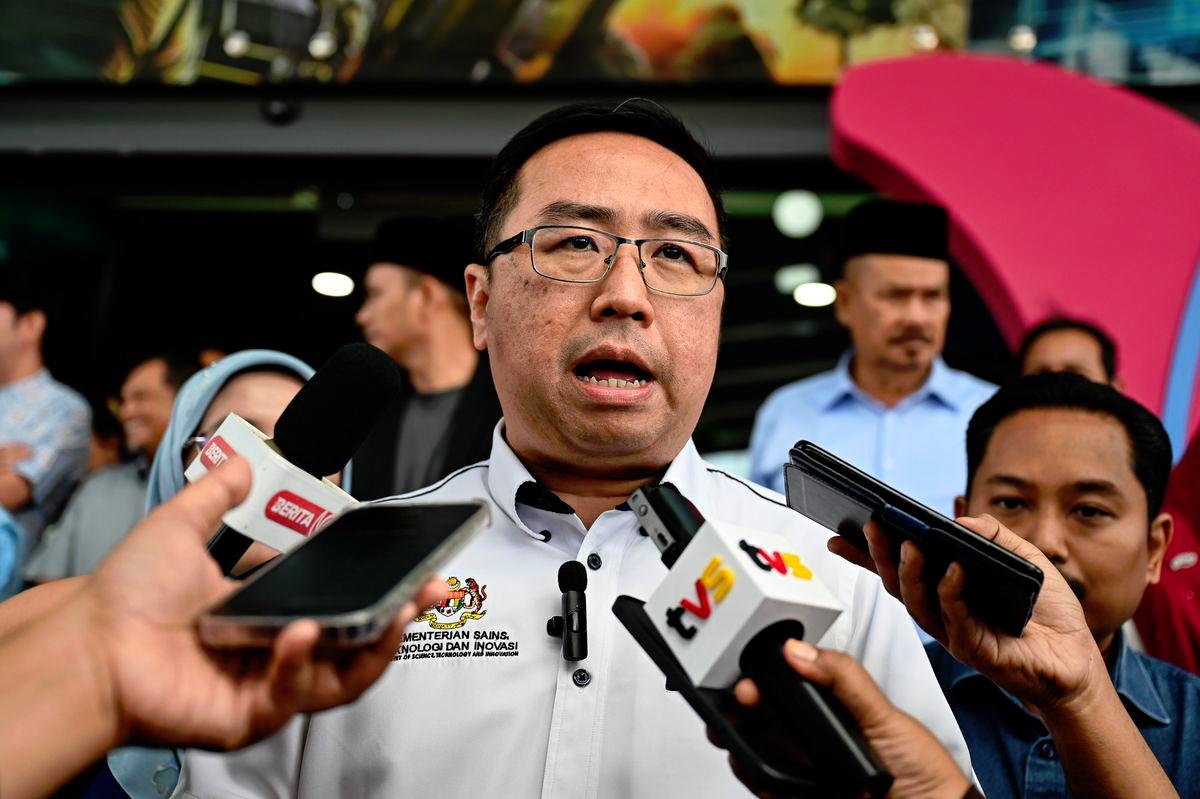KUALA LUMPUR: Increasing investment in research and development (R&D) is crucial for Malaysia to achieve high-income status and global competitiveness, according to the Ministry of Science, Technology and Innovation (MOSTI).
Minister Chang Lih Kang emphasised that MOSTI is focused on ensuring research outcomes move beyond laboratories to deliver tangible benefits.
“These solutions directly benefit the people, enhance the competitiveness of local industries, and drive economic growth based on innovation,“ he said.
While Malaysia’s R&D spending still trails behind nations like South Korea and Japan, MOSTI aims to bridge this gap by 2030.
The government has set a target for gross expenditure on R&D (GERD) to reach 3.5% of GDP under the MADANI Economy agenda.
To strengthen R&D capabilities, MOSTI has introduced several strategic initiatives. These include expanding impact-based research funding, particularly in green, digital, and sustainable technologies.
“Among the strategic initiatives is the expansion of impact-based research funding by broadening access to R&D financing for companies and research institutions conducting high-impact work,“ Chang explained.
Collaboration is another key focus, with industry-academia research consortia fostering partnerships between government, businesses, and universities.
The Semiconductor Research Consortium, led by MIMOS, is one example driving semiconductor advancements and positioning Malaysia as an ASEAN R&D hub.
Infrastructure development is also prioritised, with efforts to enhance laboratory capacity and R&D networks nationwide.
The National Technology and Innovation Sandbox, launched in 2020, provides a testing ground for pre-commercial technologies, bridging the gap between research and industrial application.
Talent development remains central to MOSTI’s strategy. Programmes like the Young Scientists Network nurture emerging researchers through training and global collaborations.
“The Young Scientists Network under the Academy of Sciences Malaysia develops young researchers through training, exposure to emerging technologies, and global collaboration networks,“ Chang noted.
Additionally, policies supporting open innovation and commercialisation aim to fast-track technology transfer.
The technology commercialisation accelerator initiative helps startups by offering readiness assessments, mentorship, and investor access. - Bernama









